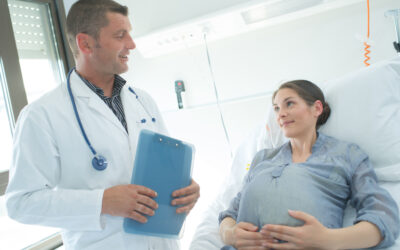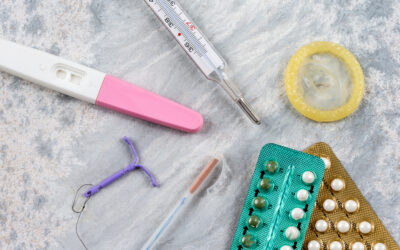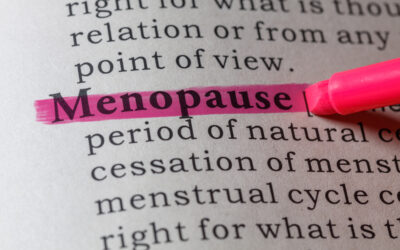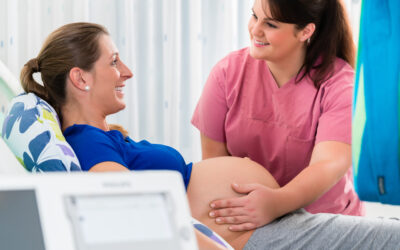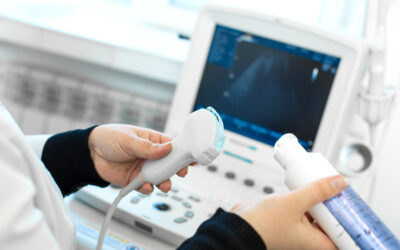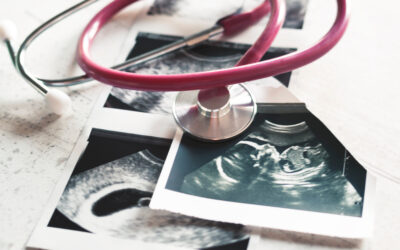Endometriosis is a chronic condition that affects millions of women, but its symptoms often go undiagnosed for years. Too many women are told their pain is "normal," when in fact, it may be a sign of something more serious. If you're experiencing menstrual pain beyond...
Blog
Preparing for a Cesarean Delivery: What You Need to Know Before Your C-Section
Cesarean Delivery How to Prepare for Your C-Section Whether your C-section is planned or becomes necessary during labor, preparing for a cesarean delivery can help reduce stress and give you more confidence going into birth. At North Carolina OB/GYN & Midwifery,...
Exploring Birth Control Options: Making Informed Choices
Choosing the right birth control can feel overwhelming, especially with so many options available today. Whether you're looking for something temporary, long-term, hormone-free, or low maintenance, it's important to find a method that fits your body, lifestyle, and...
Expert Tips for Managing Menopause
Menopause is a major life transition, but it doesn’t have to feel like a mystery—or a struggle. With the right support and expert strategies, you can take charge of your body and feel empowered through every phase. At North Carolina OB/GYN & Midwifery, we help...
What to Expect During Your First Prenatal Visit
North Carolina OB/GYN & Midwifery is a proud partner of the UNC Health System and has three convenient locations to serve patients in the areas of Raleigh, Cary, and Holly Springs. If you’ve recently found out you’re expecting—congratulations! One of the most...
The Evolving Role of Midwives in Modern Women’s Healthcare
Midwifery has deep roots in human history, dating back to ancient times when midwives were the primary caretakers during childbirth. While their traditional role focused on labor support, today’s midwives are trained professionals playing a vital role in modern...
Your Comprehensive Guide to Family Planning and Preconception Counseling
At North Carolina OB/GYN and Midwifery, we offer both family planning services and preconception care for women to help them achieve their reproductive goals—whether that means preventing pregnancy, planning for the future, or starting a family now. From helping you...
Advancements in Ultrasound Technology for Prenatal Care
Ultrasound imaging has long been an essential tool in prenatal care, helping physicians monitor fetal development and ensure a healthy pregnancy. As a proud part of the UNC Health system serving Raleigh, Cary and Holly Springs, patients of North Carolina OB/GYN &...
How to Choose the Right Obstetrical Care Provider for Your Pregnancy
Expecting a baby is a life-changing journey, and selecting the right obstetrical services is crucial for ensuring a safe and positive experience. Serving patients in Raleigh, Cary, or Holly Springs, the following guide prepared by the experts at North Carolina OB/GYN...
How to Prepare for Your First Breast Health Exam
Your Breast Health Exam: What to Expect and How to Prepare A breast health exam is an important part of maintaining your overall health and well-being. If you are preparing for your first breast health exam, you may be feeling a bit anxious or uncertain about what to...


